In Hackney, a group of women meet twice a week to share food, chat and work out how to navigate the UK’s expanding economic woes.

By Edna Mohamed
London, England – Fadhiya, who runs a Somali community centre, is preparing a weekly lunch for 10 women.
It is a dreary morning in Hackney, an inner-London borough, and the aroma of the lamb stew bubbling away warms the room.
Having parked their babies’ prams in various corners, the women converse in Somali, catching up about politics in the motherland and the latest Somali soap operas as their children play.
When she is not at the centre, Fadhiya, 53, works as an office cleaner.
Her hub was imagined as a typical community centre for Somali women, but in 2020, it quickly transformed into an essential tool to deal with the COVID-19 pandemic.
Taking a break from cooking, she remembers the hard-fought journey to secure this particular space, which is open every Tuesday and Thursday.
“There was a Somali shop in Hackney that’s now closed, where we would meet. It would fill up so much that people even had to stand. So we kept looking for a [larger] place for us,” Fadhiya told Al Jazeera.
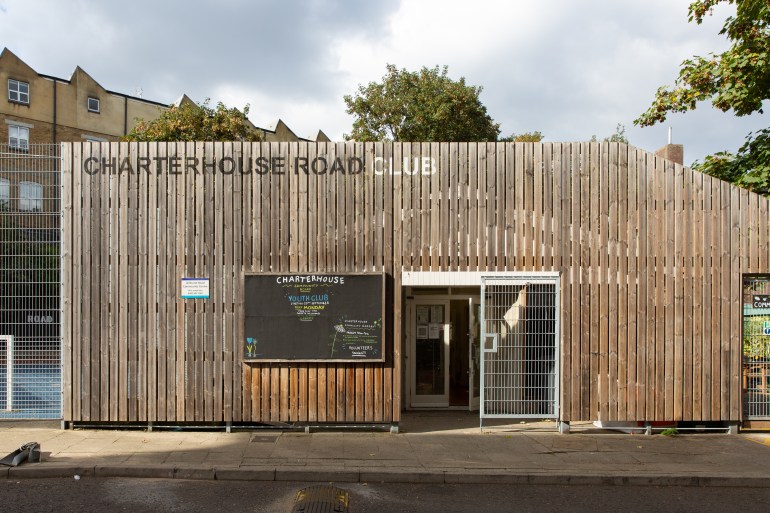
She contacted 38-year-old Abdirahim Hassan, who, along with his sister in 2018, set up a nongovernmental organisation led by people of colour in Hackney focused on social injustices — Coffee Afrik.
In 2021, he found a suitable space for Fadhiya’s network — the Charterhouse Road Club.
Now, just as they are getting settled, inflation in the United Kingdom is soaring, and a new problem threatens to upend their lives – the cost of living crisis.
As lunchtime approaches, more women arrive and some sit together and learn to read the Quran. Others will later practise their sewing skills at the club.
Fofia, the 52-year-old teacher of the session, first came to the centre with a friend in May.
She provides weekly lessons and says the atmosphere is “amazing”.
“I make new friends, they’re very welcoming. I enjoy it, to be honest,” she told Al Jazeera.
After she finishes her class, which up to 20 people attend, she stays to drink tea and chat.
“I can’t wait to teach my two days. I count down the week. Socialising, seeing one another and chatting, it’s really nice,” she added.
The Hackney hub feels like a familiar place for members
Somalis are not a new migrant group in the UK, with some arriving in the port cities of Cardiff, Liverpool and London in the early 19th century.
The population then grew massively in the 1990s, as many fled the civil war; among the centre’s members are several refugees.
While the 2021 census is yet to be published, the UK’s Somali community is estimated to be 500,000 people. In Hackney, Somalis number about 1,500.
In June 2021, Healthwatch Hackney, which advocates for equal access to social services, found that out of 32 Somalis surveyed, the most commonly raised issue affecting health and wellbeing was housing problems at 25 percent, followed by language difficulties at 18 percent and mental health at 14 percent.
Hassan, who is visiting, tells Al Jazeera that rising energy costs are on almost everyone’s minds.
“How do we make sure that our communities are not, once again, on the bottom of the ladder?” he says.
“During the pandemic, what we were fighting was invisible … but this, to me, is a manufactured issue. So to me, it feels worse.”
With inflation at a 40-year high in the UK, the prices of food, gas, electricity, fuel, rent and mortgages have all risen sharply.
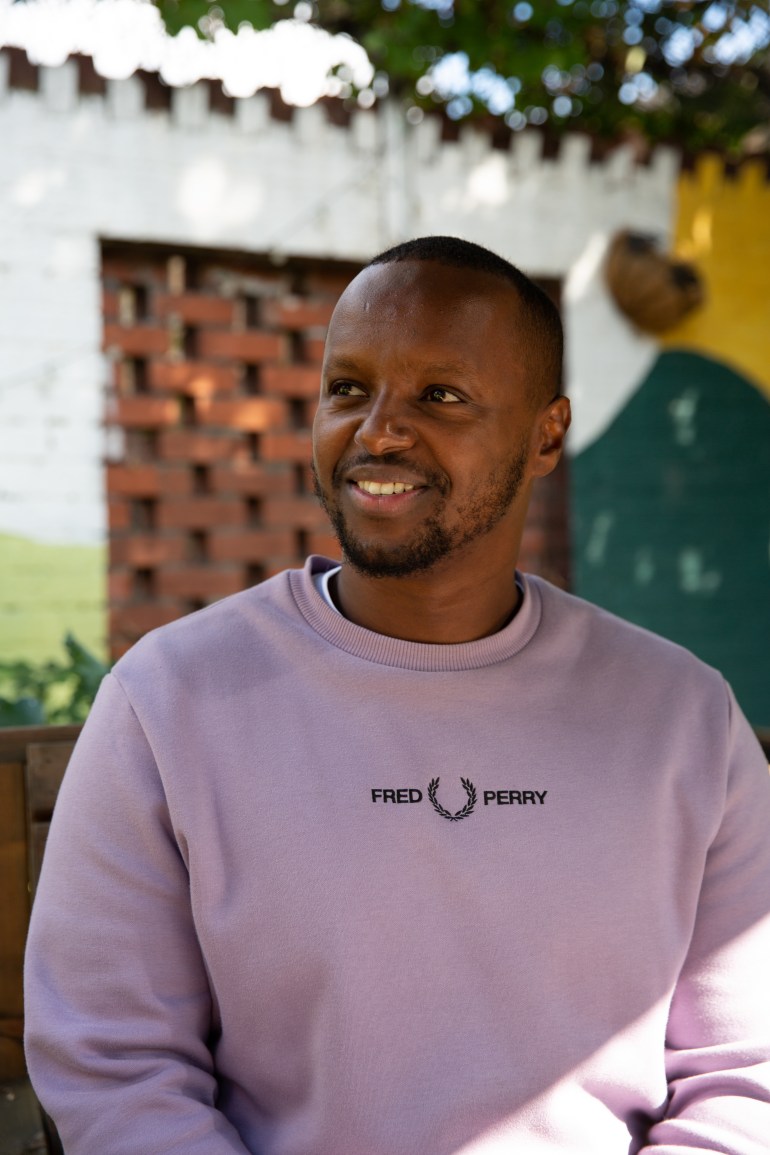
According to the Office of National Statistics, gas prices have increased by 98.5 percent in a year.
Although November temperatures are not quite freezing, the weather is getting cooler, and Fadhiya worries about how her community will manage this winter.
“You see the situation in this country — bills and everything are sky-high. The money I used to pay is now double. God knows what will happen, but everyone is worried,” she said. “The conversations we mainly have at the centre are about that.”
On the state housing association, she said: “Every year, they used to add two pounds [$2.37] weekly to my rent, but in April, they added 10 pounds 50 weekly [$12.44]. When you add it up, it becomes an additional 42 pounds [$49.78] a month, and council tax is the same.
“You sometimes think, how will we survive this if the world continues like this?”
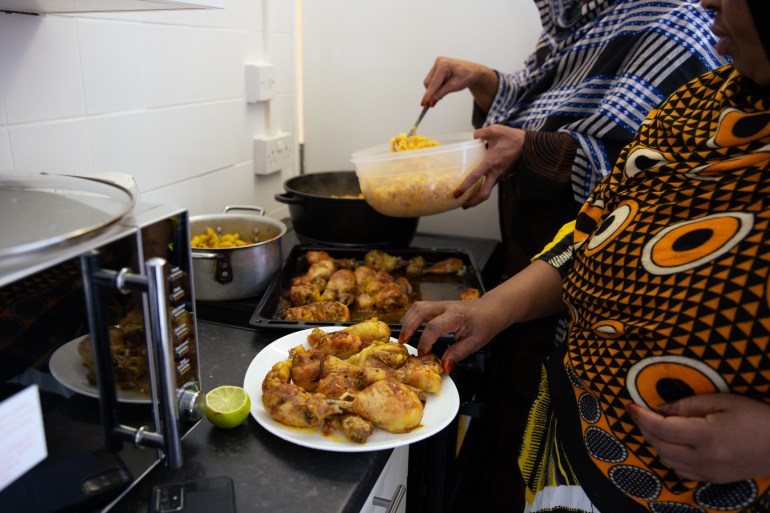
Hassan, a former consultant at PricewaterhouseCoopers, said that across the five community centres Coffee Afrik runs, debt support is provided through the Nawaal Fund, a Muslim-run charity. Financial literacy guidance is also offered to help people navigate rising costs.
A 5,300-pound ($6,281) fund was granted to Fadhiya’s centre in August to be distributed among members who needed to buy food or fuel.
Even so, “it will be a very tough year ahead because none of these steps are enough”, he says.
During the COVID-19 pandemic, Fadhiya said, “We would get food from the Felix Project [which provides food to those in need] two times a month and place it at the shop we would hang out in.
“From there, we would take our food, and that’s what COVID-19 was like for us until the community centre was opened, and the food moved there.”
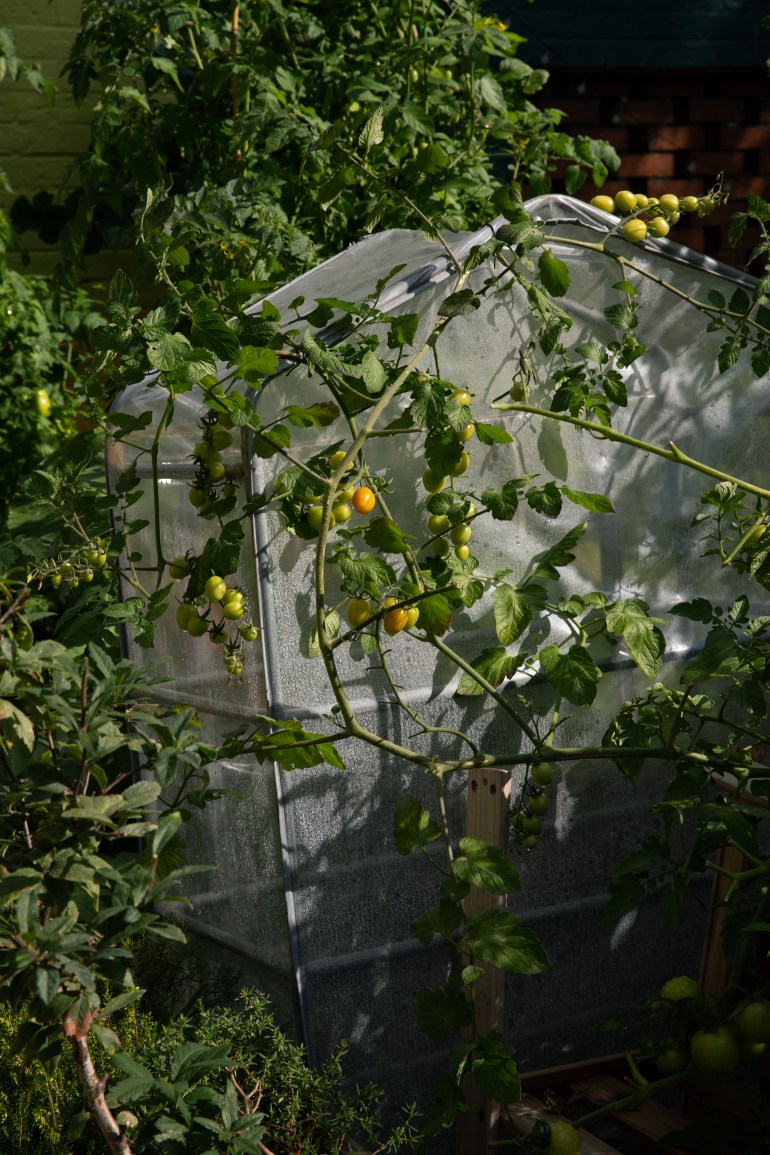
Hassan remembers the pandemic with a sense of horror.
“The first month [of the pandemic] was just panic, sheer panic,” he says. “What jolted us was the deaths of clients who passed very quickly and very, very suddenly. By that first wave, we had already seen four or five.
“After almost three weeks of just madness. We had to carry on. We had to do something.
“The first thing we thought is food; let’s get food out. So we immediately began delivering for a free and fair price to all the homes every day.”
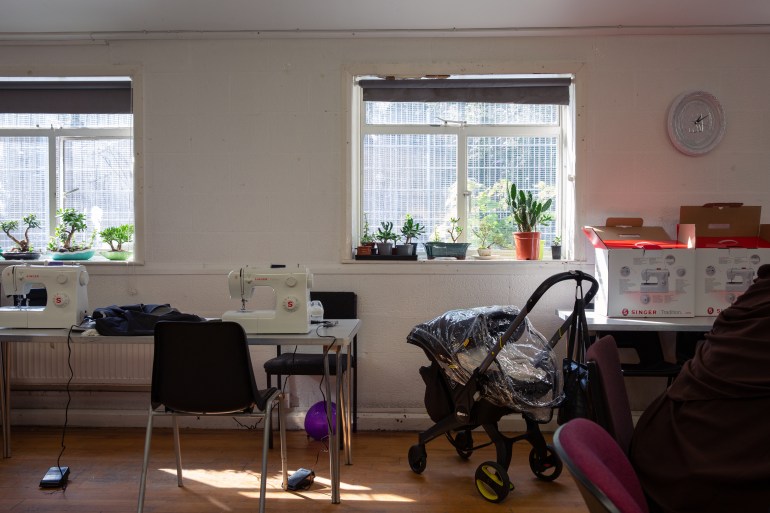
But as COVID-19 spread quickly, worrying patterns emerged.
Black and Asian ethnic groups were found to be between 10 and 50 percent more likely to die from COVID-19 than White ethnic groups.
“Some people in the community got COVID-19, but Alhamdulillah [praise be to God] they got better, but I know a lot of people who died from COVID-19,” Fadhiya said.
“My neighbour and one of my friends who were part of the community centre and lived in Hackney died from the illness because COVID-19 was everywhere.”
Fadhiya now co-runs the community centre with Sirat, a woman who is in her 60s and works for the same office cleaning company.
Even though the cost of living crisis looms, the hub continues to bring joy.
“We miss being there when it’s closed on our five days off,” Fadhiya says with a laugh.
SOURCE: AL JAZEERA


